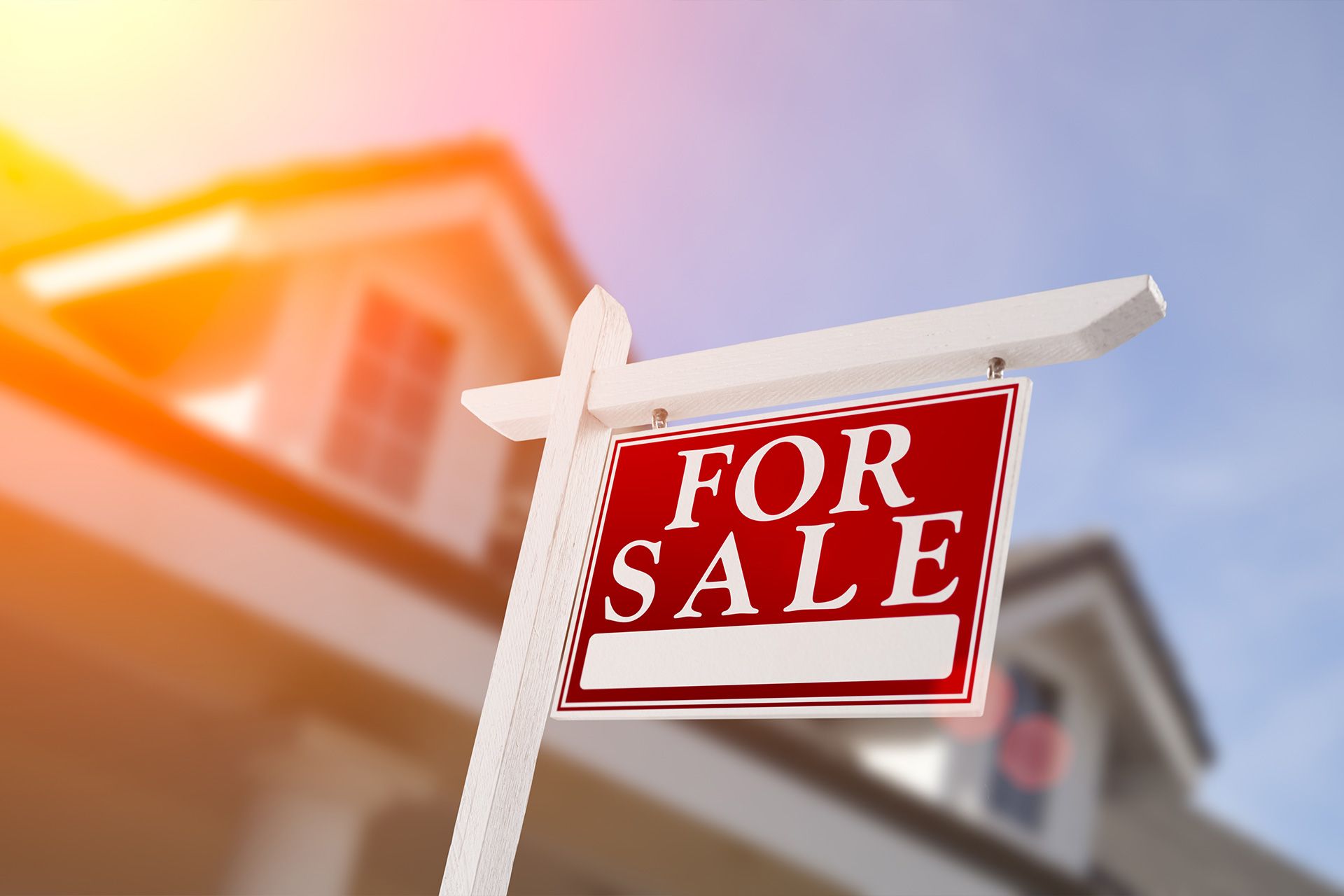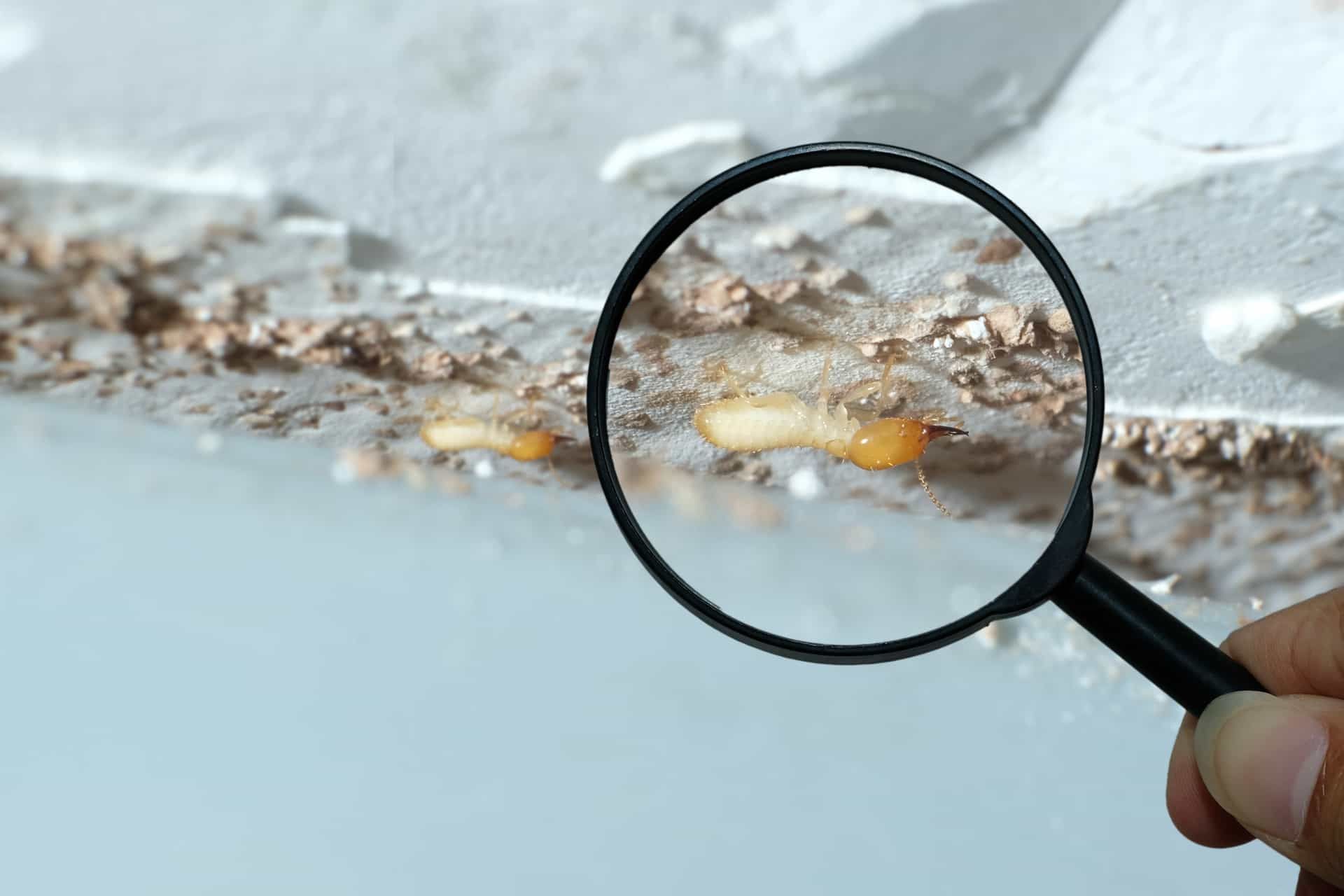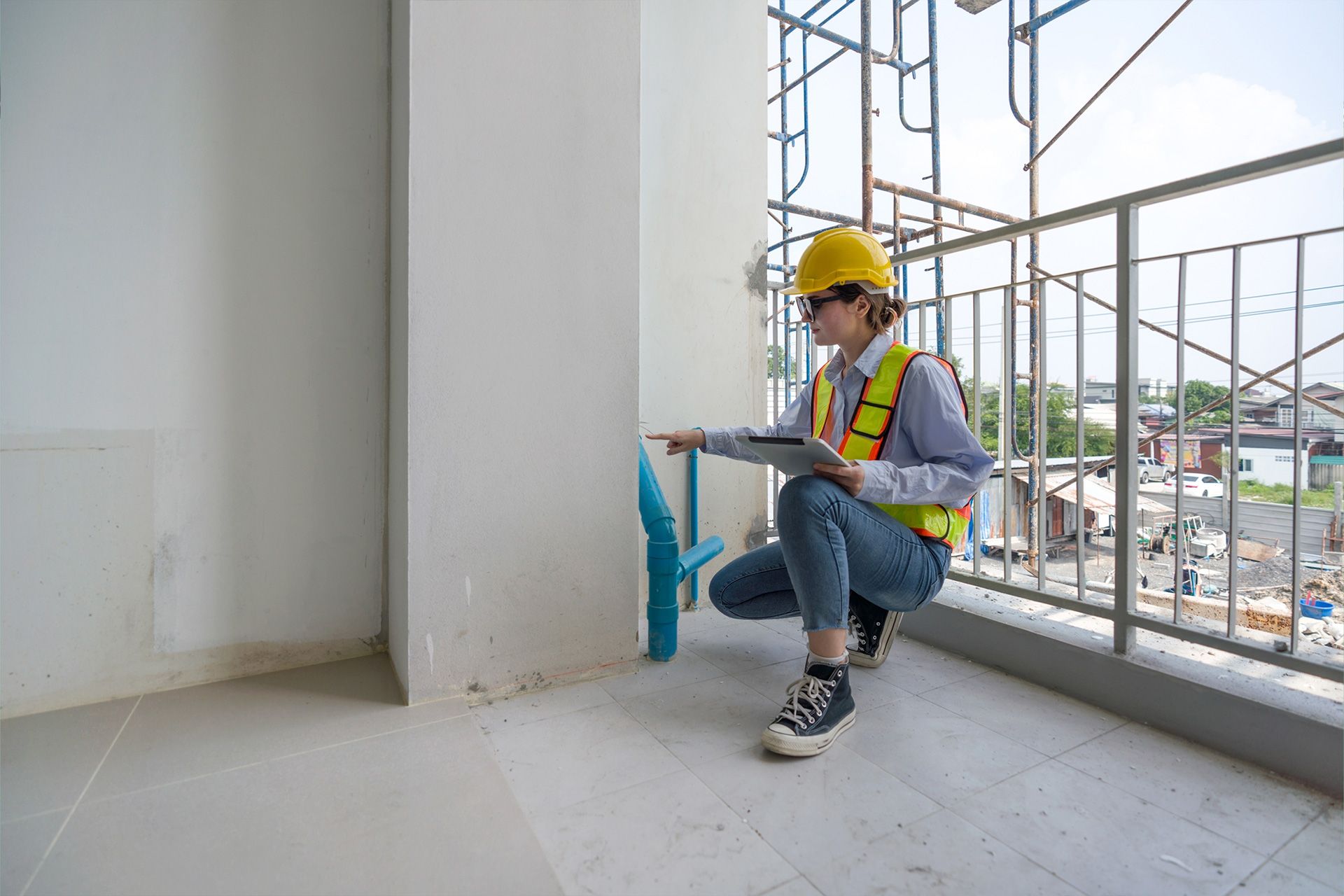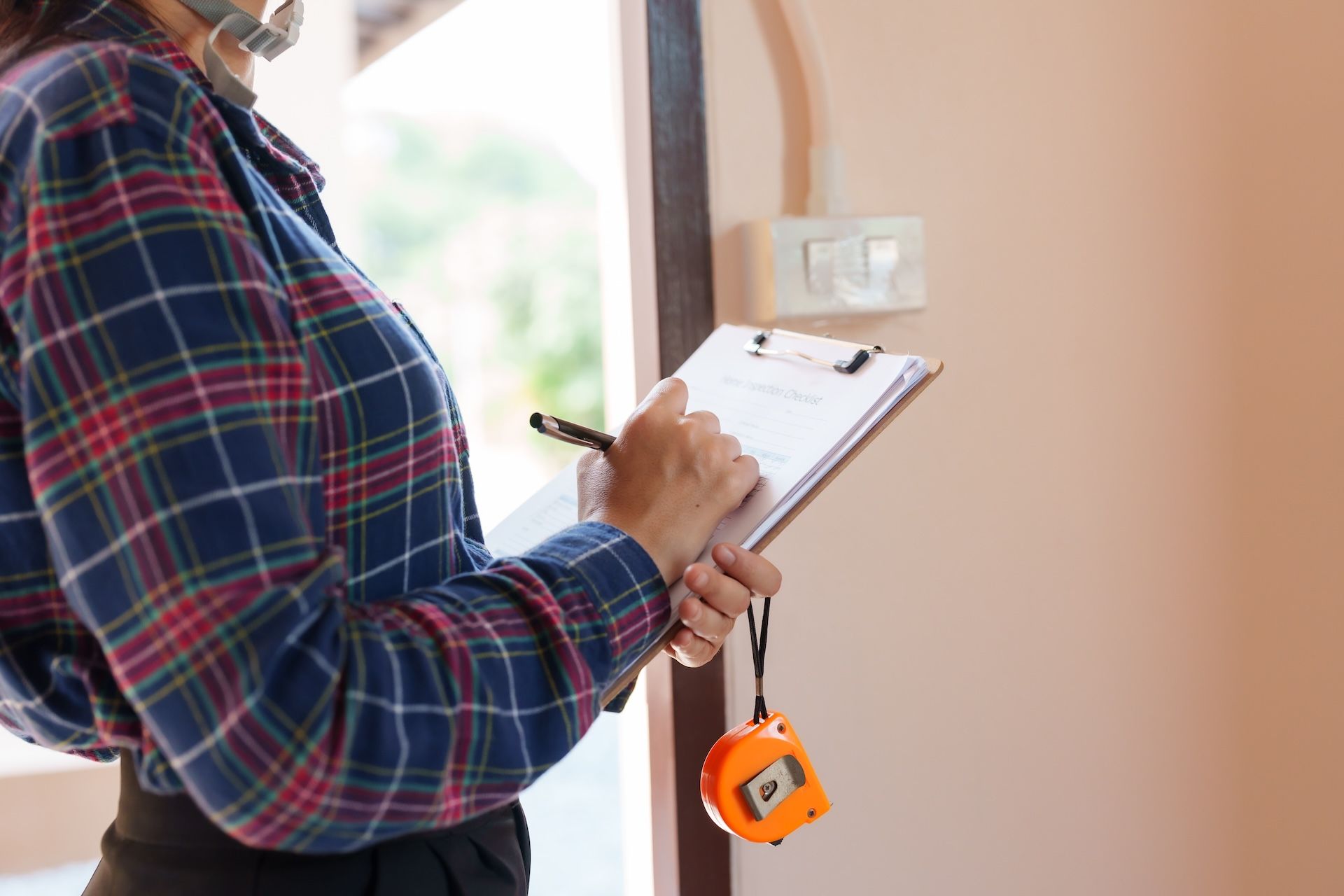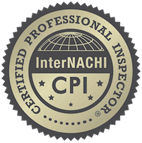What to Ask During Your Home Inspection?
When buying a home, you want to make sure that you are getting the best value for your money. This means examining every possible nook and cranny of the property to ensure that it is safe and in good condition.
A home inspection is one way to get an unbiased look at the home’s condition before making an offer on it. An inspection will help you understand the current state of the house so that you can negotiate on any issues.
These inspections are usually combined with other documents like a home disclosure report, a pest inspection, or a radon test. The amount of inspections and documentation depends on what type of loan you’re getting and your state regulations.
A home inspection checklist will prepare you for this process and help you ask all the questions you need answered.
What Are the Top Capital Expenditure Issues?
Before you start looking at the house itself, you should talk to the seller about any major repairs that they have done or intend to do. This may be a good time to ask for a reduction in the price—if the seller is motivated.
If the seller hasn’t been forthcoming about repairs, you can use your home inspection to identify the work that will be needed soon, and that is extensive. You can also ask about the maintenance schedule for major systems, like the furnace, and be sure that you’re prepared to deal with them in the future.
Are There Any Red Flags?
Ask about any problems that the seller has been aware of but hasn’t been able to repair. Potential red flags include: – Foundation or structural damage: The house moves and shifts naturally, so it’s common for cosmetic cracks to appear on the walls and floors.
However, more serious structural damage is a sign that the house has been overloaded or improperly built. – Water issues: Water damage is often the result of general wear and tear, but it can also be a sign of a larger problem.
What’s Your Background?
Inspectors have been around a long time and perform a valuable service. However, they are not licensed or regulated in most states, so you don’t always know what level of expertise you’re getting.
You can research the inspector’s background and experience level. Finding out whether they have any specialties (like experience with older homes) can help you get better results.
You can also ask for references from past clients. These references can help you get a sense of the inspector’s thoroughness and whether they have a tendency to be alarmist or overly optimistic.
Are You Certified?
In most states, you can also ask if the inspector is certified by the American Society of Home Inspectors (ASHI). ASHI requires inspectors to take a training course and pass a standardized exam.
You can also ask for their inspector’s ID number, which is required by many states. Inspectors who are not certified may still do a good job, but their work might not be covered by your insurance.
How Is the Roofline?
The roof is a major capital expense and one of the most urgent things to examine. You should be prepared for the cost of a new roof, even if the current one is in good condition.
A poorly installed or maintained roof can lead to leaks and rot. You may also be responsible for fixing or replacing trees on the property that have grown too close to the house.
Is Asbestos Present?
Asbestos was used in many building materials during the mid-20th century, although it was banned by the EPA in 1989. You might be surprised to see asbestos in the home’s inspection report.
While it’s not a health concern if it’s not disturbed, it’s an expensive problem to remove. Asbestos is often found in insulation and floor tiling, although it’s not always marked as such. It’s best to leave asbestos alone unless you’re trained to work with it safely.
Do I Need a Radon Test?
Radon is a naturally occurring radioactive gas. It can seep into a home through the soil, so it’s most common in areas where the ground is particularly porous. Radon is relatively rare, but it’s more common in areas with fractured bedrock.
It’s also more common in the winter because the soil is more compressed, so it can’t absorb the gas as readily. If your home is in an area where radon is high, you should consider getting a test.
The Environmental Protection Agency recommends testing for homes with high-risk factors such as being in a valley, a sandy soil, or being built on a porous foundation.
What’s the Life Expectancy?
These days, it’s common to buy a “fixer-upper” home. But with the right contractor, you can make the repairs very cheaply. However, you should be aware that some repairs will be a lot more expensive than you expect.
You can use the term life expectancy to refer to the cost of different repairs. If you are in the market for a fixer-upper, you should be prepared to spend a lot more money than you’d expect. If a roof was installed 10 years ago, it may last a long time, but if it’s 25 years old, you may have to replace it soon.
Call Guardian Angel Inspections to Schedule Your Home Inspection
If you would like to go ahead and schedule your comprehensive home inspection, call Guardian Angel Inspections today at (561) 512-7854.
The information in this blog post is for reference only and not legal advice. As such, you should not decide whether to contact a lawyer based on the information in this blog post. Moreover, there is no lawyer-client relationship resulting from this blog post, nor should any such relationship be implied. If you need legal counsel, please consult a lawyer licensed to practice in your jurisdiction.
Disclaimer: The information on this website and blog is for general informational purposes only and is not professional advice. We make no guarantees of accuracy or completeness. We disclaim all liability for errors, omissions, or reliance on this content. Always consult a qualified professional for specific guidance.
Share this entry


